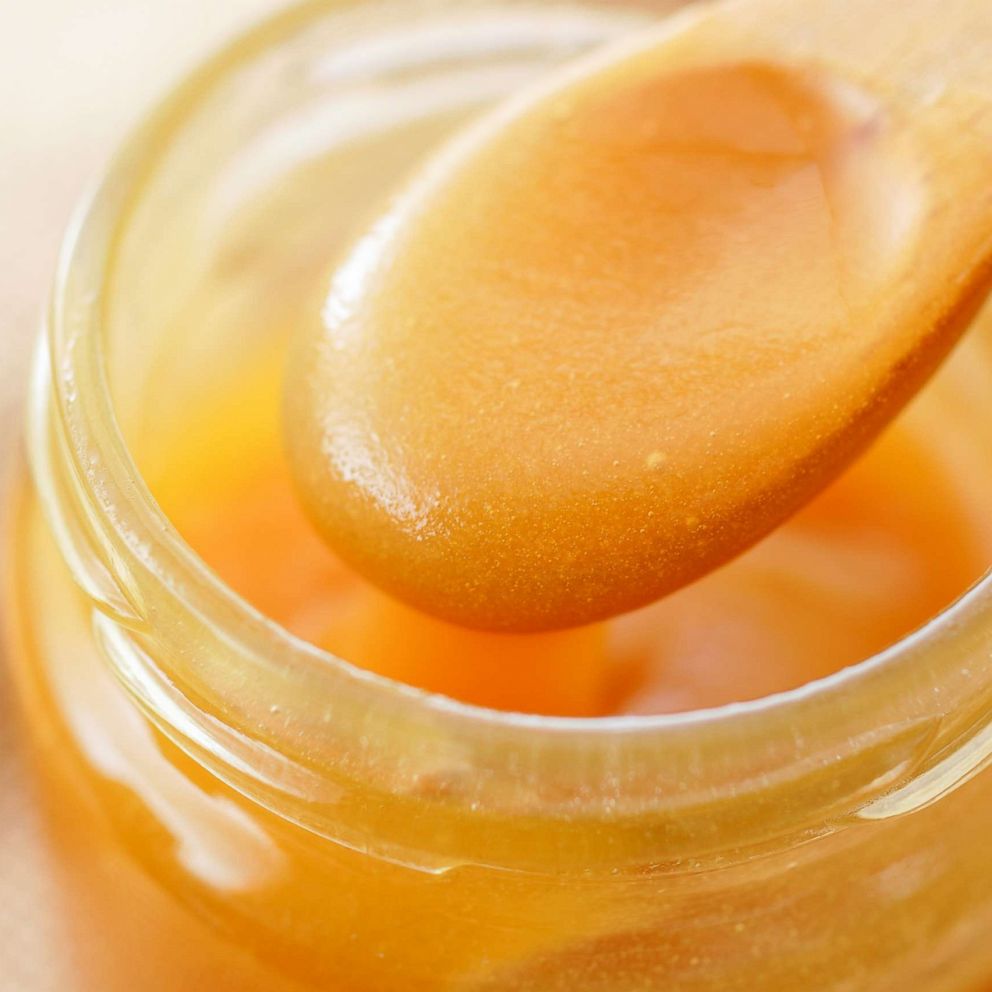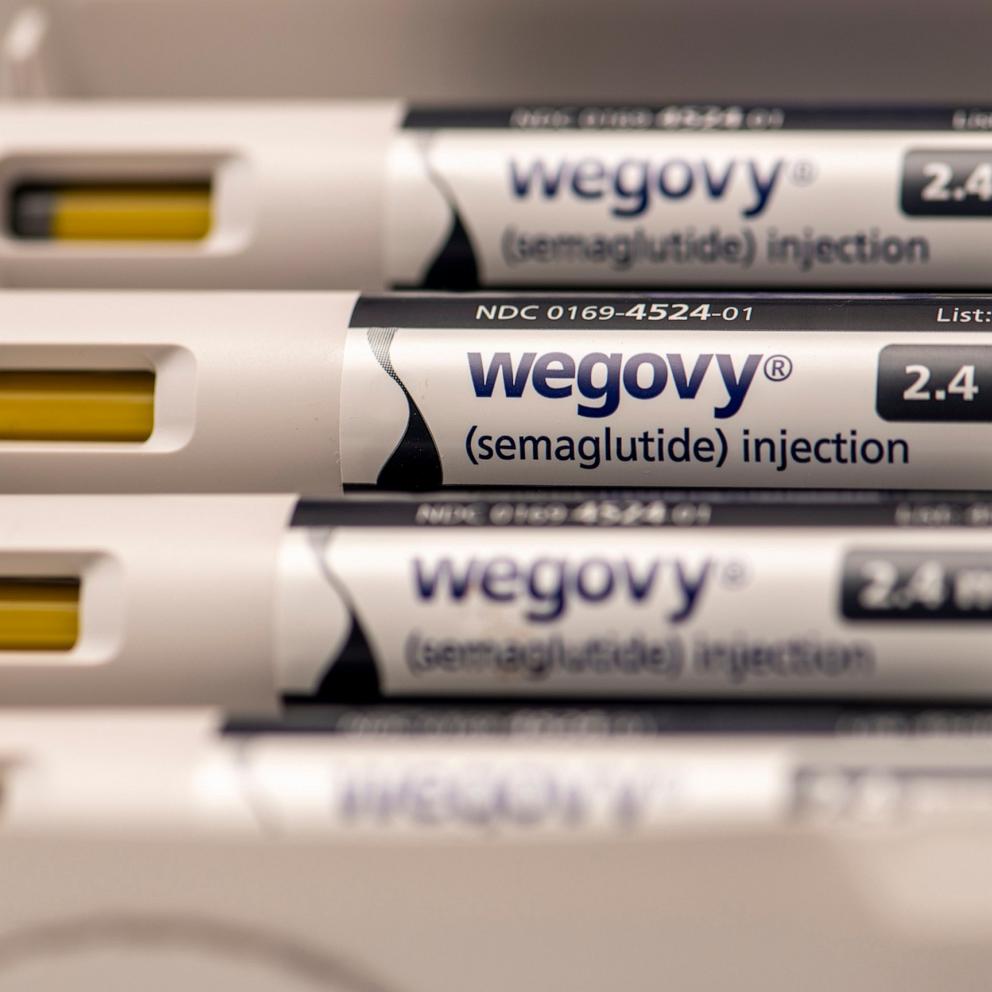Artificial sweetener erythritol could elevate heart disease risk, preliminary research suggests
A new study suggests a popular artificial sweetener found in everything from drinks and baked goods to gum and candy could be linked to a higher risk of blood clots, but the researchers themselves say their findings are preliminary and more research is needed to understand any potential health risks.
Erythritol, a zero-calorie sweetener widely used in sugar replacement or reduced-sugar products, was found to increase levels of proteins associated with blood clotting compared to regular sugar, according to a new study published Thursday in the medical journal Arteriosclerosis, Thrombosis and Vascular Biology.
"This research raises some concerns that a standard serving of an erythritol-sweetened food or beverage may acutely stimulate a direct clot-forming effect," the study's co-author, Dr. W. H. Wilson Tang, research director for Heart Failure and Cardiac Transplantation Medicine at Cleveland Clinic, said in a statement announcing the study's findings. "Erythritol and other sugar alcohols that are commonly used as sugar substitutes should be evaluated for potential long-term health effects especially when such effects are not seen with glucose itself."
For the study, 10 people were randomly assigned to drink water mixed with 30 grams of erythritol, while another 10 individuals were randomly assigned to drink water mixed with 30 grams of glucose.
The amount of 30 grams was chosen because it is the quantity commonly found quantity in erythritol-containing foods, according to the Cleveland Clinic researchers who led the study.

The people who drank water mixed with erythritol were found 30 minutes later to have a higher level level of proteins involved in platelet clumping in their bloodstream compared to those who drank glucose.
Erythritol is a sugar alcohol that is naturally found in fruits such as watermelons, pears and grapes, but has since been processed as a food additive used to sweeten and enhance the flavor of foods, according to the U.S. Food and Drug Administration.
According to Cleveland Clinic researchers, erythritol is produced through fermenting corn.
Consuming high amounts of sugar carries its own risk.
Due to a growing obesity epidemic, artificial sweeteners are becoming increasingly common ingredients found in soft drinks, "diet" foods and other processed products. Although federal regulatory agencies like the FDA have deemed most artificial sweeteners as safe, studies are ongoing about the long-term health effects.
A previous study on erythritol from researchers at Cleveland Clinic found that higher levels of erythritol were found among patients who experienced a major adverse cardiovascular event -- which includes stroke, heart attack, blood clots and cardiovascular death -- over three years of observation.
Last year, the World Health Organization issued a new recommendation that people who are trying to lose weight should avoid using zero-calorie non-sugar sweeteners.
Zero-calorie non-sugar sweeteners have not been shown to help with weight loss long-term in children or adults, and their use may bring side effects like increased risk of cardiovascular diseases, Type 2 diabetes and death in adults, the WHO said at the time.
Dr. Jennifer Miao is a member of the ABC News Medical Unit.







